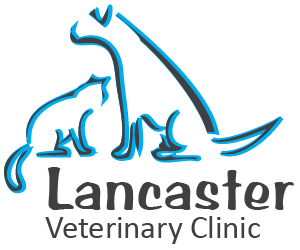In 2009, the ASPCA’s Animal Poison Control Center (APCC) in Urbana, IL, handled more than 140,000 cases of pets exposed to toxic substances, many of which included everyday household products.
They tabulated a list of the top 10 poisons that are commonly found around our homes in an effort to further raise public awareness about the potential dangers. They are listed below in order of occurrence.
- Human Medications, with 45,816 cases. This includes both prescription and over-the-counter drugs, such as pain killers, cold medications, dietary supplements, and antidepressants.
- Insecticides, with 2,020 cases. The most common incident involved the misuse of flea and tick products, including using the wrong product on the wrong species (i.e. using a dog product on a cat).
- Human Food, with 17,453 cases. Certain foods are toxic to animals, including chocolate, grapes, raisins, avocados, and the natural sweetener xylitol.
- Houseplants, with 7,858 cases. Some common houseplants are toxic to our pets, including azaleas, halanchoe, schefflera, and all varieties of lilies. Lilies are especially toxic to cats.
- Veterinary Medications, with 7,680 cases. Although these products are specifically dispensed for use in animals, misapplication or inadvertent overdose (either by the pet owner misunderstanding instructions or the pet accidentally eating an entire package of medication) resulted in these toxicities.
- Rodenticides, with 6,639 cases involving either rat or mouse poison.
- Household cleaners, with 4,143 calls. Cleaners such as bleaches, detergents and disinfectants can be hazardous to our pets, who may be exposed through direct contact on their paws or through inhalation of the fumes.
- Heavy metals, with 3,304 cases of pet poisonings from lead, zinc or mercury exposure.
- Fertilizers and other garden products, at 2,329 cases. Included in this group of poisons are some types of fertilizer, slug baits, cocoa bean mulch, etc.
- Household chemicals, at 2,175 cases. This category is rising in recent years, with dangers being posed by ethylene glycol antifreeze, paint thinners, drain cleaners and pool or spa chemicals.
If you suspect your pet has ingested something toxic, do not waste any time. Contact your veterinarian or local Veterinary Emergency Clinic IMMEDIATELY. For further information about potential toxins in your house, speak with your veterinary clinic or go to www.aspca.org/pet-care/poison-control/ .
——————————————————————————–
Caution: These news items, written by Lifelearn Inc., are licensed to this practice for the personal use of our clients. Any copying, printing or further distribution is prohibited without the express written permission of Lifelearn Inc. Please note that the news information presented here is NOT a substitute for a proper consultation and/or clinical examination of your pet by our clinic veterinarian.
